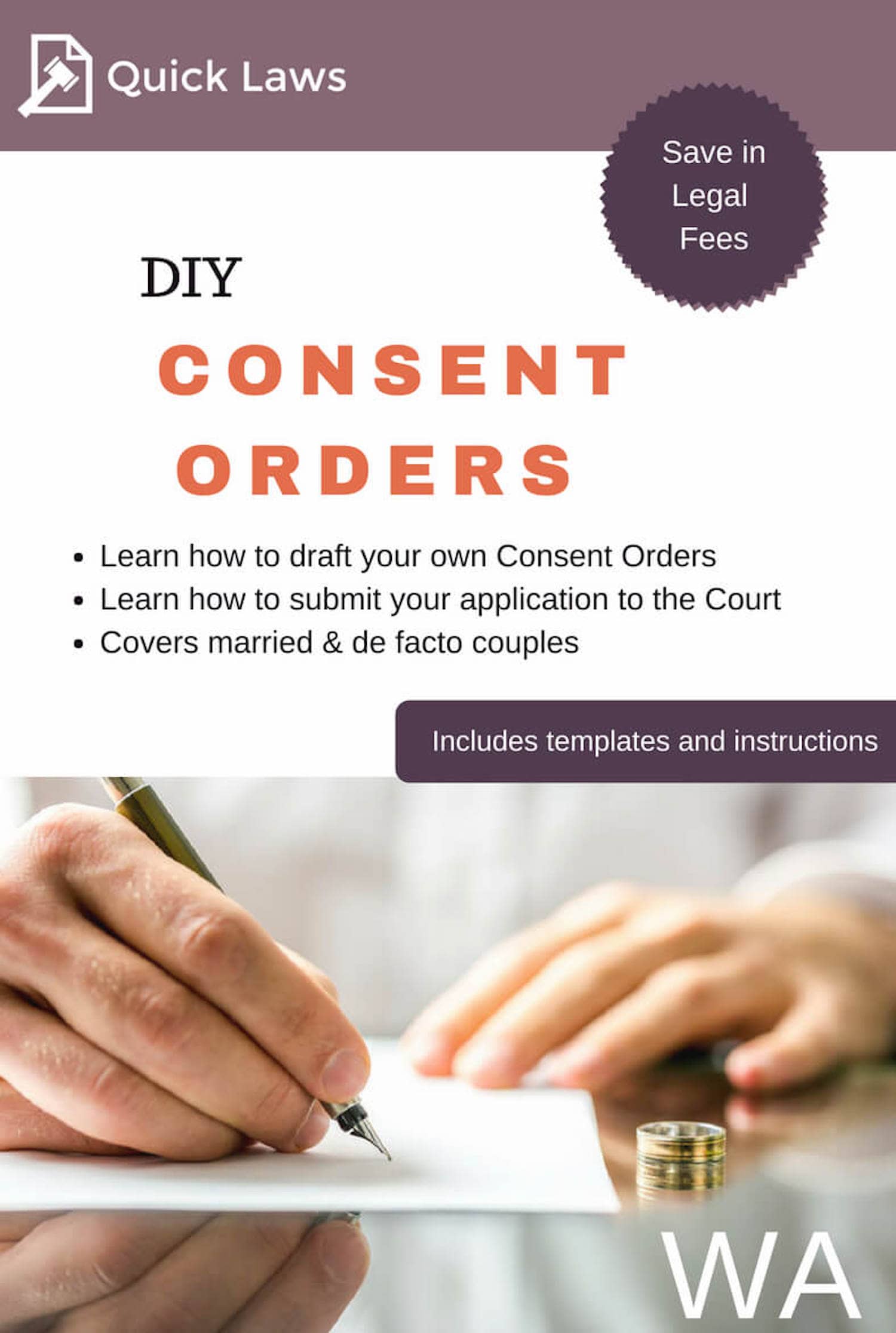When entering into a relationship, it's important to consider how you will manage your finances together. Binding financial agreements, also known as separation agreements, prenuptial agreements, postnuptial agreements, or de facto cohabitation agreements, can be an effective way to protect your assets and property in case of separation or divorce.
A BFA can also be used in the event of separation or divorce to help ensure financial security and peace of mind moving forward. In Australia, these agreements are governed by the Family Law Act and are legally binding if certain requirements are met.
What is a Binding Financial Agreement?
A binding financial agreement (BFA) is a legal contract between two parties that sets out how their assets and liabilities will be divided in the event of a separation or divorce. BFAs can cover a range of financial matters, including property, spousal maintenance, and superannuation.
Under the Family Law Act, a BFA can be entered into before, during, or after a de facto relationship or marriage. However, it's important to note that there are strict requirements that must be met for a BFA to be legally binding.
Requirements for a Valid Binding Financial Agreement
To be legally binding, a BFA must meet the following requirements:
The agreement must be in writing.
Both parties must receive independent legal advice before signing the agreement.
Each party's legal representative must sign a certificate stating that they provided independent legal advice.
The agreement must be signed by all parties.
It's also important to note that a BFA can be set aside by a court.
Why Consider a Binding Financial Agreement?
There are several reasons why you may want to consider a BFA:
Protection of assets and property: A BFA can help protect your assets and property in the event of a separation or divorce.
Avoidance of costly legal battles: By having a BFA in place, you can avoid costly legal battles that may arise if you don't have an agreement in place.
Control over financial matters: A BFA allows you to have more control over how your finances are managed in the event of a separation or divorce.
Peace of mind for both parties: Having a BFA in place can provide peace of mind for both parties, knowing that their financial matters have been addressed in the event of a separation or divorce.
How to Draft a Binding Financial Agreement
To draft a BFA, it's important to seek advice from a family lawyer. The lawyer can help you negotiate and agree on the terms of the agreement, and ensure that all legal requirements are met.
The process of drafting a BFA usually involves the following steps:
Disclosure of assets and liabilities: parties provide disclosure of assets and liabilities to each other and their lawyers.
Negotiation and agreement on terms: both parties and their lawyers negotiate the terms of the BFA until an agreement has been reached.
Preparation of the BFA: once the terms have been agreed upon, a Lawyer is instructed to prepare the BFA.
Finalisation and signing of the agreement: the BFA is finalised and signed by the parties.
Enforcing a Binding Financial Agreement
If one party breaches a BFA, the other party can apply to a court for enforcement. The court will look at the terms of the agreement and the circumstances surrounding the breach to determine whether enforcement is appropriate.
If a court finds that a BFA has been breached, it can make orders to enforce the agreement, such as orders for payment of a sum of money or transfer of property.
Conclusion
In conclusion, binding financial agreements can be a useful way to protect your assets and property in the event of a separation or divorce. However, it's important to ensure that you receive independent legal advice from a qualified person.
Quick Laws is a qualified law practice. We can help you to navigate the complex legal requirements surrounding the preparation of Binding Financial Agreements. We provide qualified and professional legal services at fixed and affordable fees.
This article contains information of a general nature only and is not specific to your circumstances. This is not legal advice and should not be relied upon without independent legal or financial advice, specific to your circumstances.



